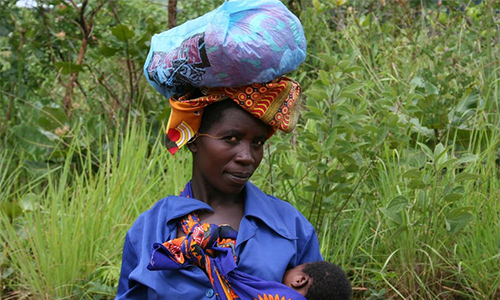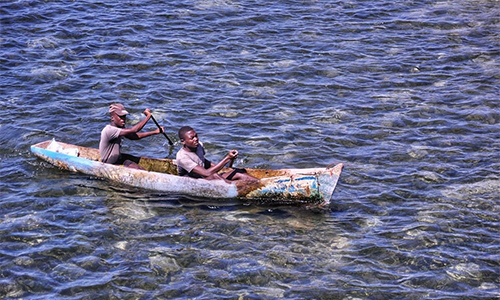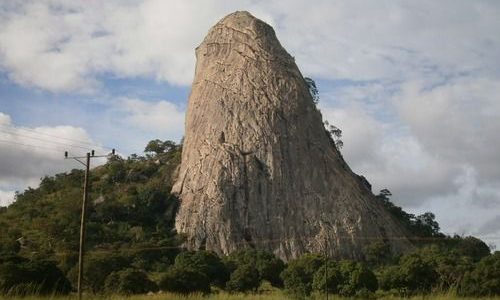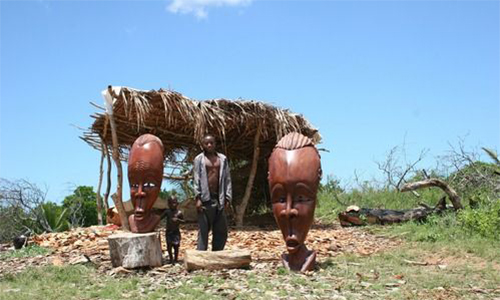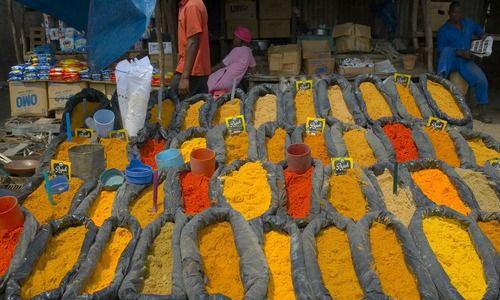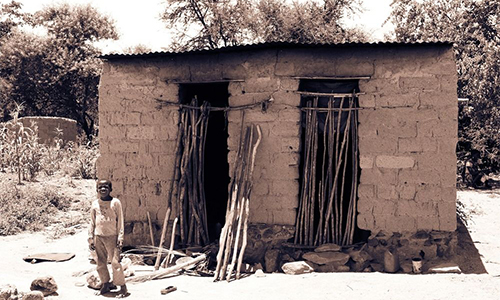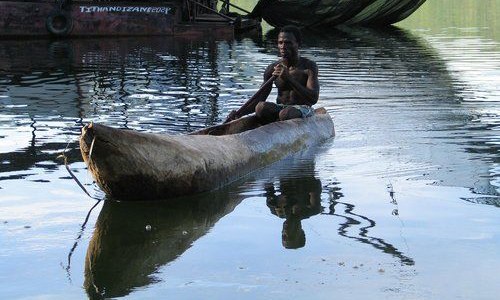
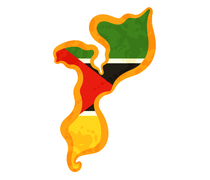
Hope Builders Ministries - Mozambique
Over 50% of the population of Mozambique practices some form of Christianity, mostly Catholicism. This number is much higher than it was in 1975 when Mozambique began its independance. According to 2019 estimates, nearly 30% of the population is incarcerated. HBM has recognized this great need and currently works in 19 of the countries' 33 prisons. Officials inform HBM that prisoners who participate in the Disciple Makers Program exhibit improved behaviour, the prisons are safer, and the Gospel is being shared within the prisons. In addition to the high rate of incarceration, over 70% of the countries' 31 million citizens live in abject poverty. Despite these tremendous obstacles, HBM continues to train and partner with the local church to equip indigenous Christians to meet the growing need for qualified leaders to share the Gospel of Jesus Christ.
31,276,414 (2020)
Median Age: 17.6
- Roman Catholic 27.2%
- Muslim 18.9%
- Zionist Christian 15.6%
- Evangelical/Pentecostal 15.3%
- Anglican 1.7%
- Other 4.8%
- None 13.9%
- Unspecified 2.5% (2017 est.)
- Life Expectancy: 62.13
- Infant Mortality: 39.90/1,000
- Deaths Under Age 5: 73/1,000
Equipping
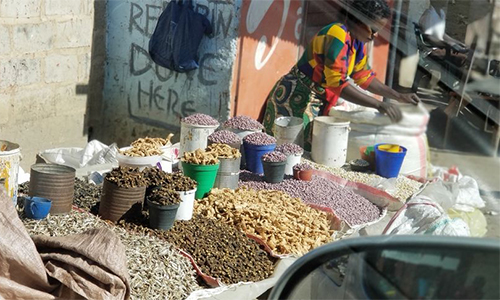
Equip the whole church to do the work of the ministry, building up the body of Christ. Ephesians 4:12
Empowering
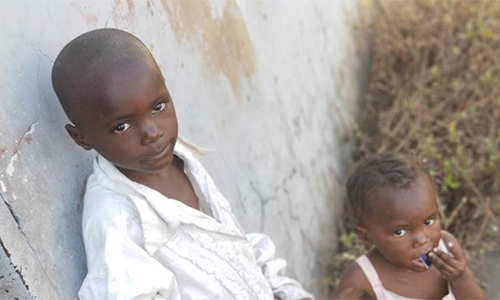
Paul said, "And what you have heard from me...commit to faithful men who will be able to teach others also." 2 Timothy 2:2
Encouraging
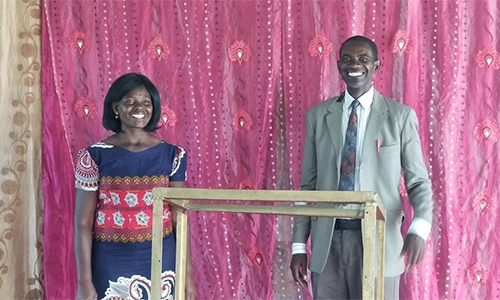
"Therefore encourage one another and build up one another, just as you also are doing." 1 Thessalonians 5:11
Learn more about Hope Builders Ministries' focus on the Three Es on the home page.
Advance the Gospel in Mozambique
Since 2010, Islam has continued to spread slowly throughout Mozambique. Leaders at the national and local level continue to call for religious tolerance and condemn the use of religion to promote violence. According to reports in October of 2020, a three-year war between government troops and extremist insurgents has been escalating in recent months in northern Mozambique. The violence has created a humanitarian crisis in this gas- and oil-rich African country—more than 310,000 people have been displaced and around 2,000 people have been killed. Cabo Delgado, one of Mozambique’s poorest provinces, has been largely occupied by jihadists who identify themselves as the new “Islamic State.” The extremists threaten to branch out into Zimbabwe, South Africa and Tanzania.


